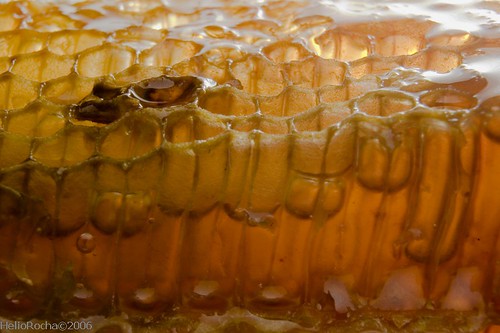Vagabondish is reader-supported. When you buy through links on our site, we may earn a small affiliate commission. Read our disclosure.
BootsNAll’s Robert Lewis suggests that honey may have a place in the backpacker’s toolkit, alongside Duct tape:
The ancient Greeks and Egyptians used honey to treat wounds. Honey contains some antibacterial properties from the hydrogen peroxide that comes from it. This means you can apply honey as an antiseptic/antibacterial “cream” for wounds, grazes, cuts. The more raw and natural the honey is, the better. Generally, local honey is less processed; raw honey more available.
An additional benefit is that the layer of honey over the wound creates a barrier that helps prevent infection. When journeying, you are more exposed to infection risks ”” dirty water, germs your body is not accustomed to.
Makes sense to me. Although unless you’re applying it to your arm or some other non-clothed area, you’re in for one hell of a sticky mess. He goes on:
Active Manuka Honey from New Zealand has been proven to have extra antibacterial properties compared to other honeys, which makes it a useful wound treatment. Hospitals around the world apply this honey to treat many types of wounds, even burns. Academic research supports its ability to help treat difficult to heal wounds, make infected wounds sterile, and reduce the amount of scarring.
Interesting. Manuka Honey is available here.


